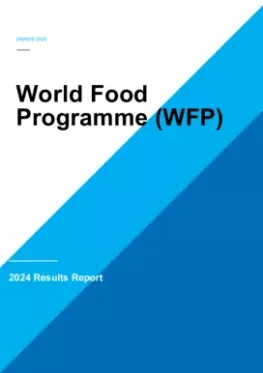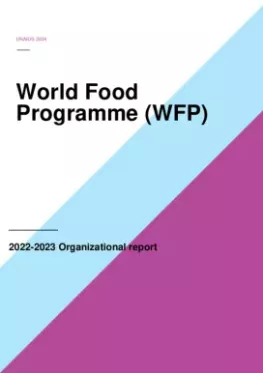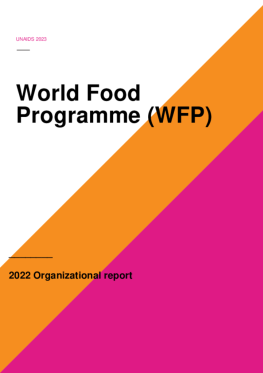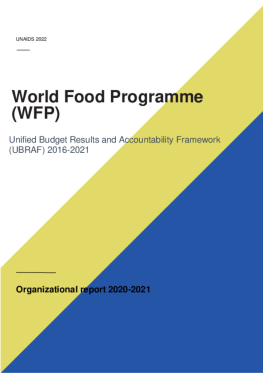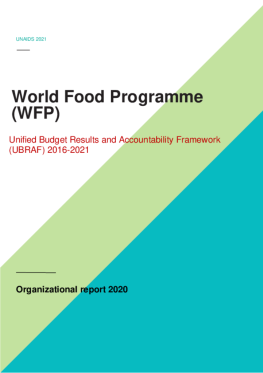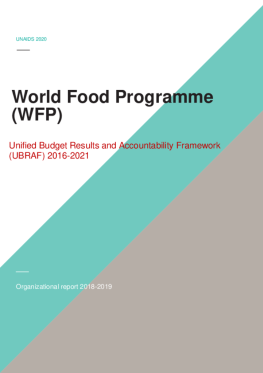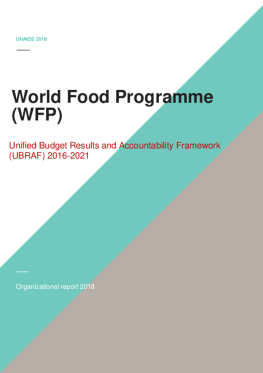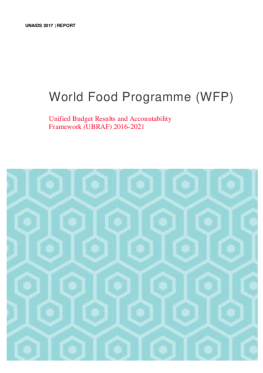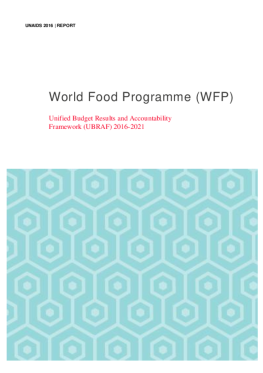As the world’s largest humanitarian agency, WFP’s core mission is to end global hunger.
Food insecurity and HIV are intertwined challenges, creating significant risks for people living with HIV and undermining progress to achieve global targets. People living with HIV have higher nutritional needs, yet HIV can reduce capacity to work and elevate healthcare costs, increasing the risk of food insecurity––and driving a vicious cycle of poor health outcomes and worsening poverty. People living with HIV also experience heightened vulnerabilities—such as stigma, poverty and disrupted health services—which undermine consistent access to nutritious food, weaken immune function and jeopardize treatment success.
By embedding inclusive strategies in its broader food assistance programmes, WFP ensures that people living with HIV receive the support they need. In emergency contexts, WFP’s operational presence and rapid response keeps people living with HIV supplied with nutrient-rich foods, limiting the compounding effects of crisis. Beyond immediate relief, WFP leverages its social protection expertise, offering cash-based, in-kind and voucher transfers and nutrition support that tackle both economic and health barriers, break cycles of vulnerability, strengthen community resilience and contribute to robust national systems.
WFP’s HIV policy recently underwent a strategic evaluation. Endorsed by the Executive Board in 2023, the evaluation highlighted HIV as a highly relevant issue in fulfilling WFP’s mandate of reaching the most vulnerable and ensuring no one is left behind. WFP’s new Global Strategy 2025–2030, Feeding Health, the Last Mile on HIV reaffirms WFP’s commitment to address the unique needs of people living with or affected by HIV by alleviating hunger and by tackling the broader, intersecting challenges of global health and inequality. Through this new Strategy, WFP is focusing on integrating the HIV portfolio with other programme areas, notably work focused on emergency preparedness and response, social protection and resilience building. Under the new Strategy, steps are being taken to strengthen WFP’s internal systems and support external systems and to improve analysis, targeting and programme design for people living with HIV. The skills and knowledge of WFP’s workforce are also being strengthened to ensure that the needs of people living with HIV are well integrated into WFP and government programmes and systems.
For information on WFP's results, please see the 2024 downloadable report below.


